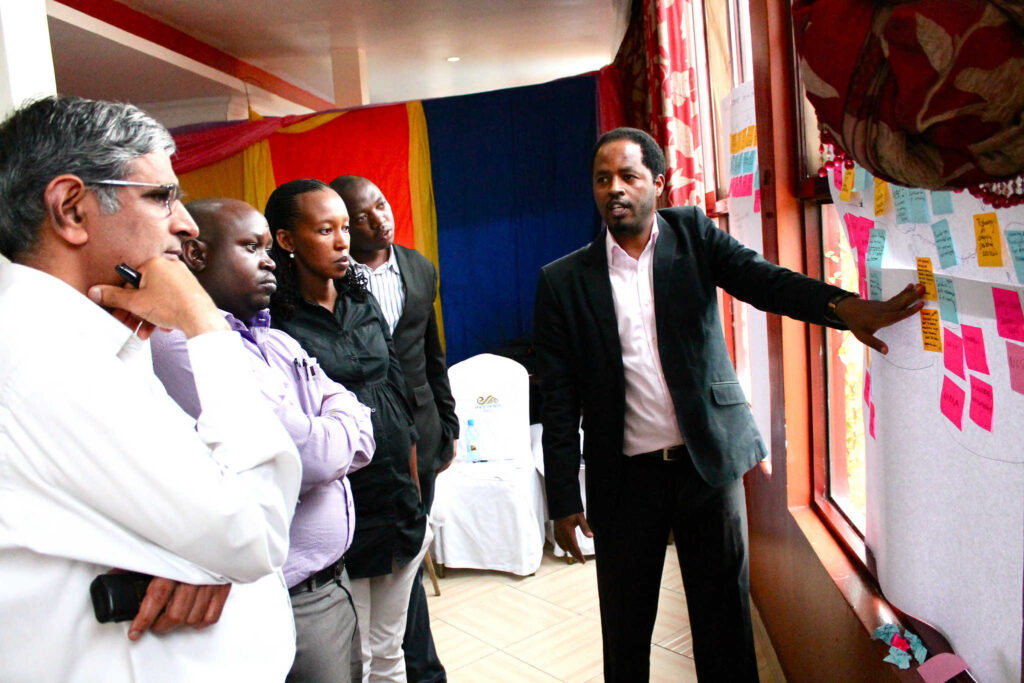How might we equip the Polaris Project team with the mindset and skills needed to apply systems practice?
Building Capacity for a Systems Practice to Inform Organizational Strategy
Challenge
The Polaris Project, or Polaris, is one of the world’s leading organizations combating human trafficking–a $150 billion industry that denies freedom to approximately 25 million people around the world. Human trafficking is a systemic problem where vulnerable individuals are exploited for economic gain. The underlying socio-economic drivers of vulnerability coupled with the contextual specifics of individual trafficking cases make it a difficult problem to solve. In addition, many of the most straightforward interventions, particularly law enforcement activities, have the unintended consequence of driving the industry further into the shadows. Recognizing the contribution of underlying structural issues to the problem, and the adaptiveness of criminal trafficking organizations, Polaris identified a need to adopt a systems-based approach for program design in order to prevent and disrupt human trafficking at a greater scale.
Solution
In the first half of 2019, Polaris partnered with GKI to help their team build the mindset and skillset to apply systems practice in their work. To do this, GKI facilitated a series of capacity building activities to introduce the theory and practice of systems thinking, and the benefits of systems-approaches for organizational learning and strategy. Drawing on GKI’s deep expertise in the discipline the project kicked off with a one-day training examining the explanatory power of systems thinking, which can be used to deepen our understanding of everything from a single-celled organism to the complex social and economic structures that guide human behavior.
From there Polaris split into two teams, each with a different trafficking system it focused on. The first team dove deeply into systems practice through a fast-paced 3-day Systems Sprint. In this workshop, they worked together to apply systems in a collaborative process that produced a first draft of a Causal Loop Diagram, or CLD. Conversely, the other team participated in a seven-week Systems Pilot, which oscillated between periods of co-creation and research and validation, to reach the same output for their system of interest. Together, these two processes produced systems maps that are helping Polaris to deepen their understanding of the problems they are trying to solve, and develop more fit-for-purpose, and impactful, organizational strategy and interventions to address this problem.
Results / Outcomes
- Trained 21 people in a suite of applied systems thinking tools and approaches tailored for Polaris’ strategic needs.
- Co-created 2 CLDs focused on key systems Polaris works within, resulting in the identification of 7 strategic leverage points where Polaris could intervene and create systems change.
- Provided recommendations for Polaris to continue their systems practice, use the outputs to inform strategy, and use the maps as a tool for partnering.




